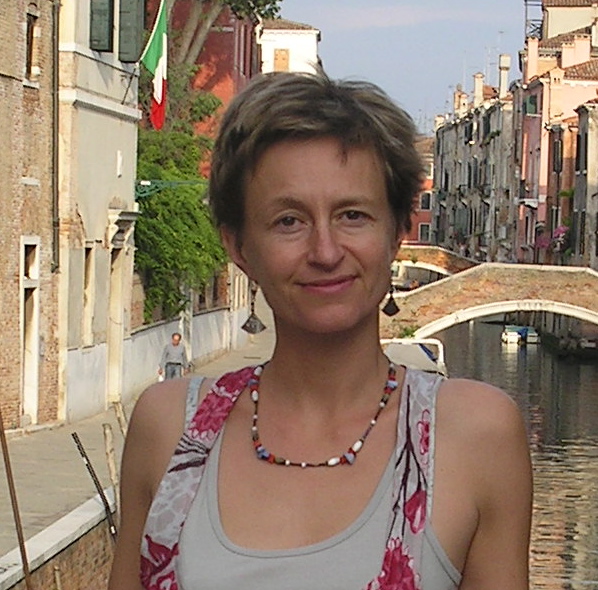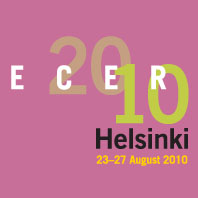Keynote Abstract
'Dealing with cultural diversity in education : global narratives, local policies and experience'
In this contribution, we will focus on two interconnected levels of analysis :On the one hand, we will submit to discussion a multilevel model of analysis of public action in the field of cultural diversity in education. Building on previous research carried out in Belgium and UK, as well as on a broader literature review on similar issues in Europe, we will hold the hypothesis that, beyond international and national guidelines given by authorities, the way individual schools deal with cultural diversity has to be thought and investigated in a pragmatic perspective, throughout a narrow-scale study of individual schools local “policies”. Local educational policies have to be analysed at the confluent of two axes :
(i) on a cultural axe, national and local narratives about nation, integration, cultural diversity and citizenship are constantly reinvented by local actors; moreover, in recent years, these local and national paradigms have been challenged by international normative discourse on “cultural diversity”.
(ii) On the institutional axe, structural characteristics of educational systems such as the degree of differentiation and decentralisation, or the existence of “quasi market” mechanisms, have a significant impact on dimensions such as ethnic and socio-cultural segregation between schools, local intake and school composition effects, and local ways of dealing with cultural diversity (through curricular policies, through tolerating or not cultural and ethnic signs within schools, etc.).
School policies can therefore been analysed in terms of “niche” or “opportunity hoarding”, which contributes to inequalities reproduction.On the other hand, we will analyse the effects of such institutionalized organisation of cultural diversity on pupils’ socialisation process and cultural and ethnic identity building process. Building on research carried out with adolescents from ethnic minorities (in Belgium and other European contexts), we will examine the links between school careers, orientation and “subjective hardships” (“épreuves”) leading to contrasted identity strategies (from essentialised figures of ethnic identity to complex identity strategies (multicultural identities, “internally segmented” identities…).

Biography
Marie Verhoeven is Professor in Sociology, Department of Anthropology and Sociology, and senior researcher at GIRSEF (Centre for Interdisciplinary Research on Socialisation, Education and Training), University of Louvain, Belgium.
Throughout the last decade, her central research activity has focused on the understanding of cultural and normative changes within the educational field in post-industrial societies. Her PhD was devoted to the analysis of new modes of building norms and school order within contrasted schools.
She then turned to the global issue of cultural diversity in education, through a threefold question:
- How do different educational systems respond to ethno-cultural diversity introduced by the presence of pupils from migrant backgrounds, in terms of integration philosophies as well as in terms of policies?
- How do single schools deal with socio-cultural and ‘ethnic’ diversity (through their curricular policy, through the way they negotiate collective order, through their use or their denial of ethnic or cultural categories within the school space, etc.)?
- The analysis of the connection between school careers and identity building process of adolescents from migrant backgrounds (beyond the classical opposition between “ethnicisation” and “assimilation” strategies).
In recent years, she has also examined how recent equal opportunity policies in Belgium and in Europe are underpinned by new conceptions of justice and new globalized normative discourses. With colleagues Dupriez & Orianne, she has been trying to examine how Sen’s capability approach can be used as a theoretical and normative framework in order to enlarge the criteria of a “fair” educational system.
At the ECER 2010 conference, she will analyse how cultural domination through schooling process has to be rethought, in a context which combines cultural and normative pluralism, globalized international policies and normative discourses, and “post-massification” equality of opportunity policies (often articulated with educational “quasi-market” mechanisms). The consequences of this new context on pupils’ identities and equal opportunity perception will possibly be also examined.
Upcoming ECERs
26.08.2024 | ECER'24, Nicosia |
08.09.2025 | ECER'25, Belgrade |
17.08.2026 | ECER'26, Tampere |
